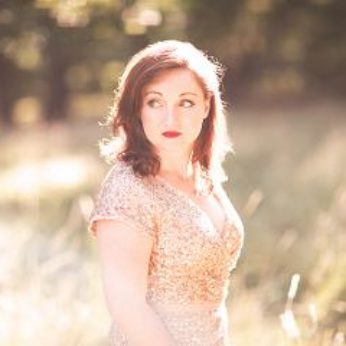Composer: Samuel Barber (b. 1910 - d. 1981)
Performance date: 04/07/2014
Venue: St. Brendan’s Church
Composition Year: 1953
Duration: 00:09:44
Recording Engineer: Richard McCullough, RTE
Instrumentation: S-solo, pf
Instrumentation Category:Duo
Artists:
Joseph Middleton -
[piano]
Ailish Tynan -
[soprano]

Barber was an
important writer for the voice in opera and song. He studied at the Curtis Institute in
Philadelphia and then with the legendary Nadia Boulanger in Paris. He composed
three operas, many symphonic and chamber music works and a large number of
songs. Barber visited Ireland in 1952 and toured the country, exploring its
literature and folk material. The Hermit
Songs date from 1953 and employ translations of verses written by Irish monks
between the 8th and 13th centuries. Leontyne Price gave
the first performance in the Library of Congress in 1953 with the composer
accompanying her. There are ten in all with our soloist choosing the second,
third, fourth, sixth and tenth for this afternoon. Barber employs various
modern techniques such as mixed rhythms, no time signatures and unusual chords
in fourths and other irregular combinations, but he still retains a strong
melodic line in his imaginative settings.
First is the brief The Company of the Bell, as the12th
century scribe records his preference for a church bell to foolish women. In the 8th century verses of St Ita’s Vision a breathless recitative
is followed by a moving lullaby for the Baby Jesus. The
Heavenly Banquet is attributed to St. Brigid in the 10th
century. It is an amusing account of the Saint’s list of those she would
welcome to her heavenly banquet. Sea-Snatch dates from the 8th
or 9th century and is a lament for a ship lost at sea. The last song from the cycle The desire for Hermitage again has an
early date of the 8th/9th century. Barber himself undertook periods of retreat
and contemplation, living away from cities in the Mount Kisco area of New York
State. In the poem the author praises
seclusion: Alone I came into the world and alone I shall go from it.
Copyright © 2025 West Cork Music. All rights reserved.
Designed and developed by Matrix Internet